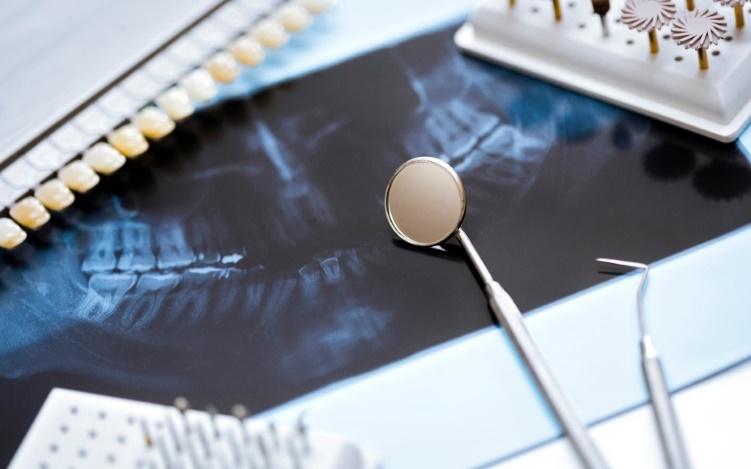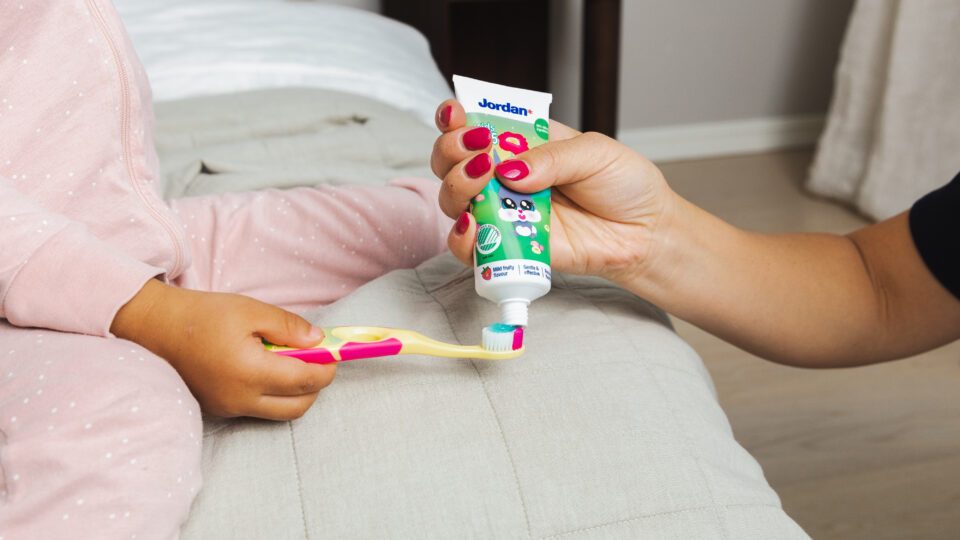What are wisdom teeth?
Rumour has it that wisdom teeth appear in your early twenties because this is when you start to become wiser, hence the name wisdom teeth. Not everyone gets wisdom teeth, some get one and others none, this however has no actual impact on your wisdom.

Wisdom teeth, also know as third molars, are the last molars that break through your gums. As such, they are considered as part of your 32 permanent teeth. Wisdom teeth are usually situated at the back of the mouth. They are located on the top and bottom row and are the last of your adult teeth to appear. They are just like your other teeth, but their roots may look slightly different. Additinally, not everyone gets them.
When do they appear?
Wisdom teeth usually come in around the age of 18-25. However, this differs from person to person and not everyone gets them. So do not worry if the last of your molars do not come in.
Lack of the appearance, also known as impacted wisdom teeth, can be due to insufficient space or that they are wrongly positioned in your jaw. As long as you do not experience any pain or discomfort no action is necessary.
Some people may only get partially visible wisdom teeth. This is known as a partial eruption or impacted wisdom tooth. Once they are entirely visible they are referred to as fully erupted. An x-ray can be taken at the dentist if you are unsure of the progress of their appearance. Remember to keep up your oral hygiene and be extra careful with brushing to avoid a build-up of bacteria. This will benefit all of your teeth.
First signs of wisdom teeth coming in
When a wisdom tooth appears, you may experience pain and discomfort. This is because the tooth breaks through the membrane in your mouth and your gums become sore. When this happens, the following symptoms can occur:
• Sore gums and redness
• Swelling under the jaw
• Difficulty opening your jaw
• Difficulty swallowing
• Bad taste in your mouth
Some may also experience that a fever breaks out, however this does not happen often. If you experience any of these symptoms we recommend getting in contact with your dentist or dental practitioner to check on your wisdom teeth and ensure no infection is present. Removal should in some cases be considered.
You might want to read


Yellowing teeth: Myths and causes
Teeth discolouration is something we all have to deal with at some point in our life. There are several reasons that cause the yellowing of…
Read more
How much toothpaste should kids use?
Jordan's step toothbrushes come with a toothpaste guide, but how much toothpaste should children use at what age? Here's a guide for every stage of…
Read more